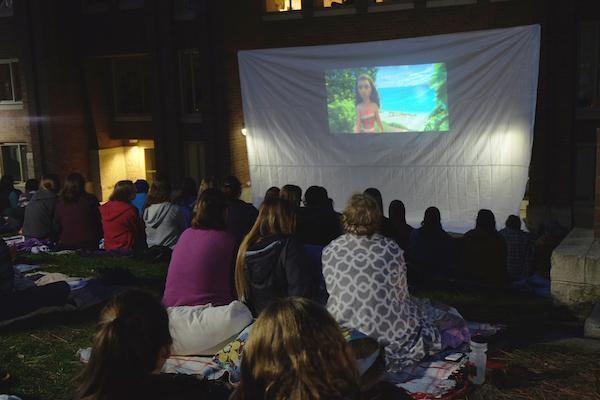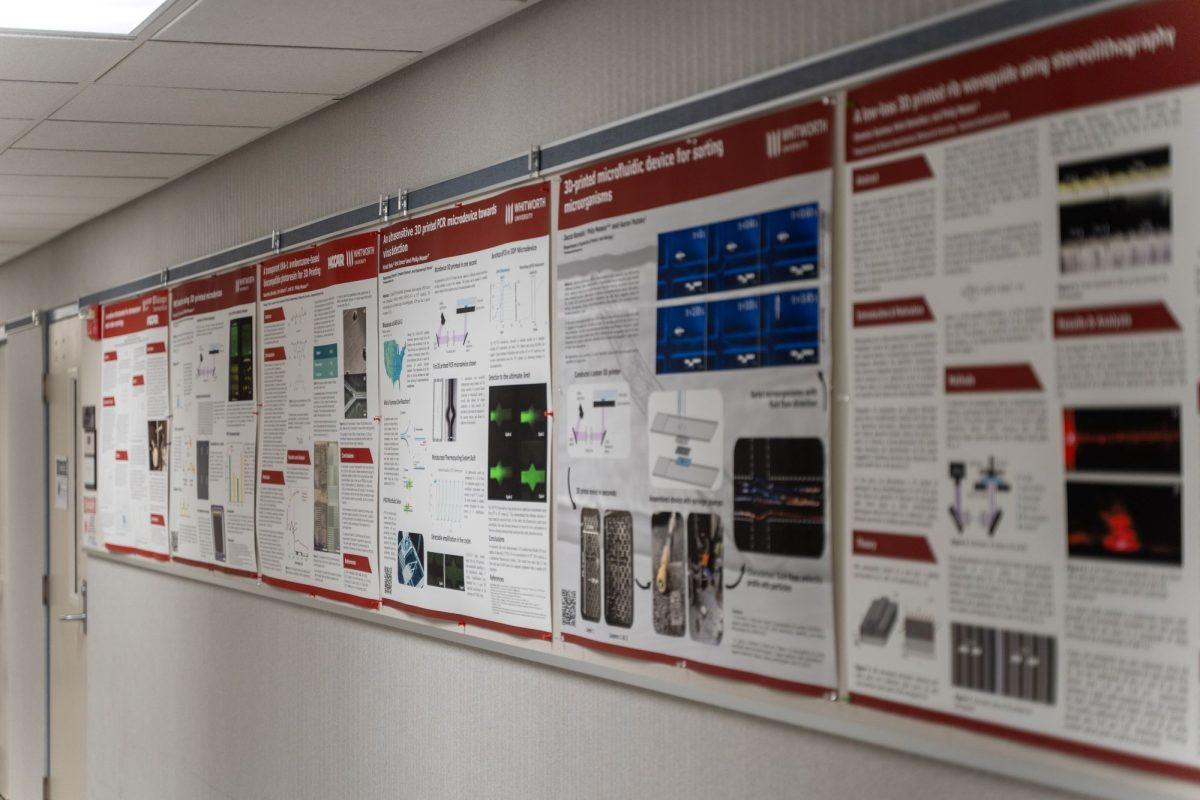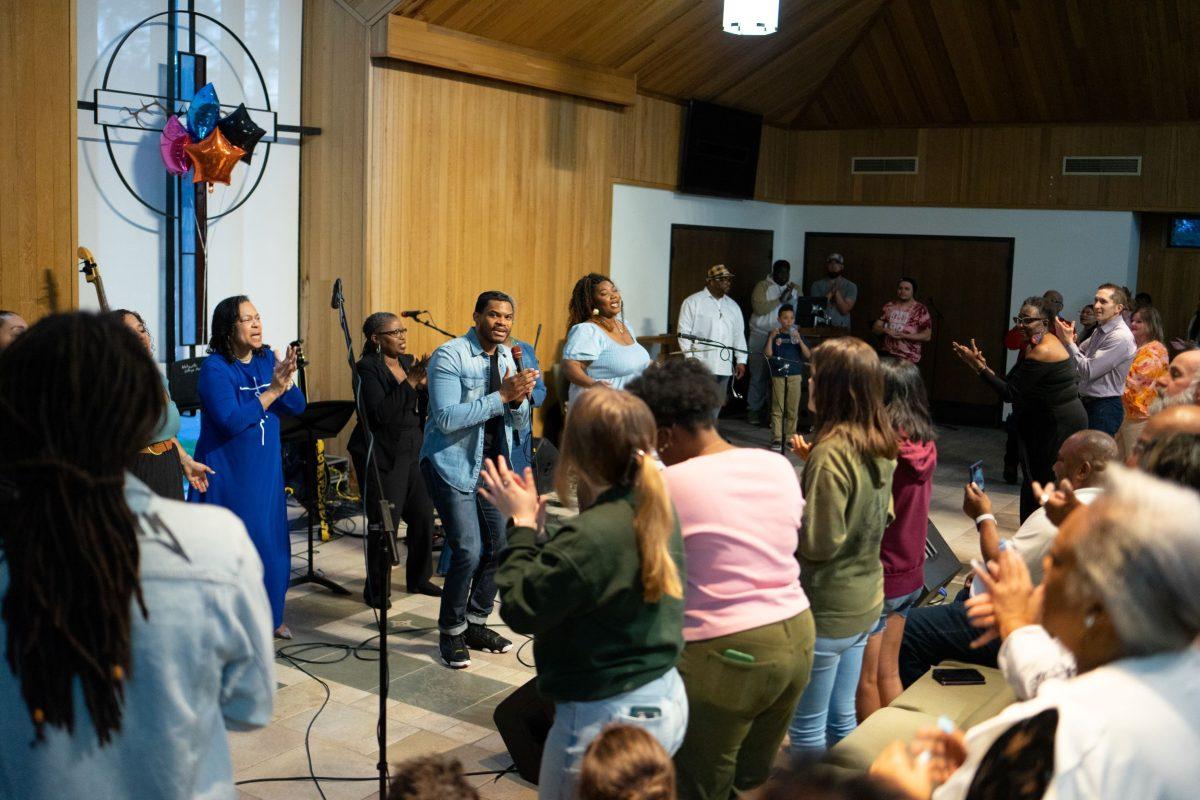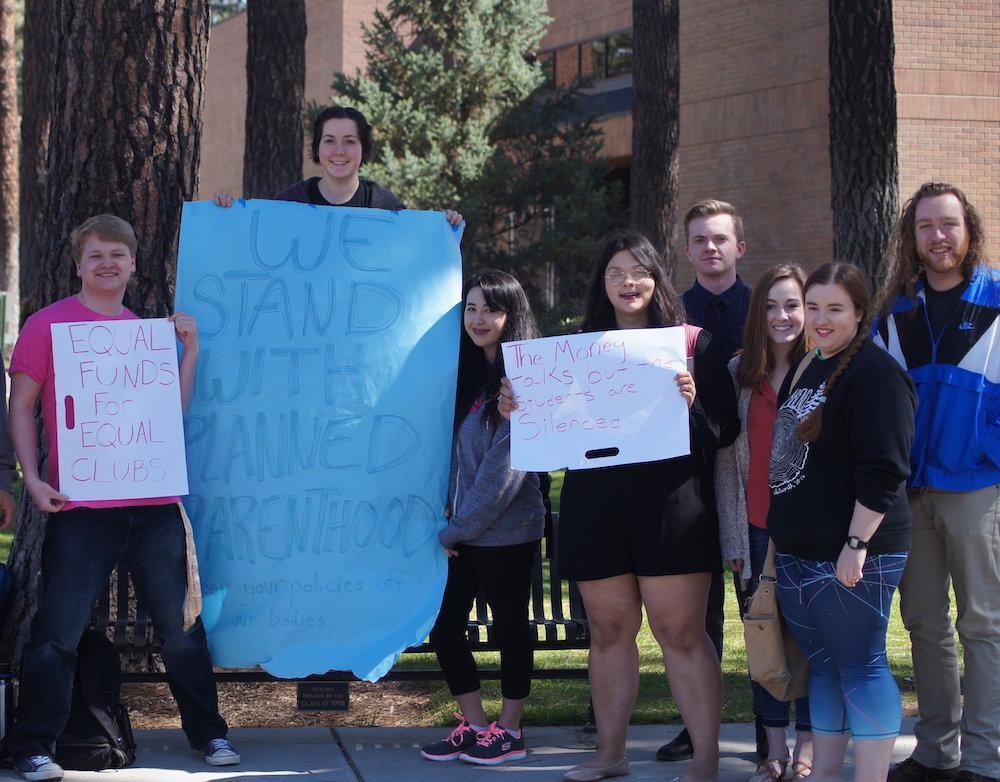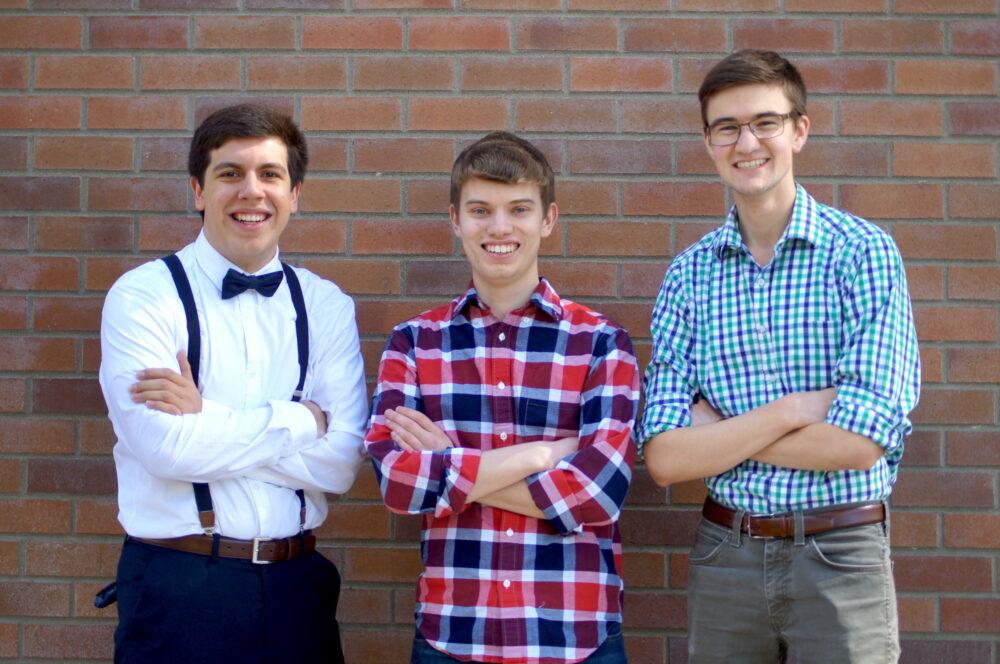With the 2016 Presidential election now closed, many Americans had their eyes on news stations that covered the electoral votes as they came in. While the Electoral College system has been used to elect presidents since 1787, many people, especially young voters, have expressed dissatisfaction with the American system of voting.
A 2013 Gallup study found that 69 percent of voters ages 18 to 29 would “vote ‘for’ doing away with the Electoral College.” Many college students who voted for the first time in the 2016 election, fall into that category.
“I feel like it’s kind of ridiculous because they push you and push you to vote, but then in the end, your vote doesn’t really matter,” Whitworth sophomore Wynter Nelson said before the election.
Nelson intended to vote in the 2016 election, but said she felt that young voters’ views of the Electoral College could cause them to not vote.
“People should feel like their voice is being heard and I feel like people aren’t feeling that,” Nelson said.
Nelson and other millennials are not alone in that thinking. Kathy Lee, professor of political science, called the Electoral College an “antiquated mechanism.”
“If we think about it, political equality lies at the core of democratic theory,” Lee said. “And the Electoral College makes certain states potentially have far more weight than other states.”
While their numbers may not be as dramatic, other age groups have expressed frustration with the Electoral College and would like to see its removal from the election process. The same Gallup poll shows that approximately 60 percent of voters ages 65 and older would favor abolishing the Electoral College.
The trend is not new. A 1948 Gallup poll showed 56 percent of American voters disapproving of the Electoral College.
However, not all young voters are displeased with the current system of voting. Katlin Bowers, president of Whitworth’s political science club, finds the Electoral College’s legitimacy in its formation in the U.S. Constitution.
“I approve of it,” Bowers said. “It’s written in the second article of the Constitution. So I respect that. I also believe we are not a direct democracy. We are a representative democracy and that is a huge player in it.”
While some students may appreciate the Electoral College, most do not. Whitworth senior Jenna Morris has already voted in her home state, but does not feel represented.
“I’m from Idaho,” Morris said. “If I don’t vote Republican, my vote’s not going to count. They’re always going to be red.”
Whitworth senior Evan Jaeger said the Electoral College does not adequately represent a large portion of voters in America. In a winner-take-all-system, most of the people who vote do not get represented, he said.
“You can have somebody get a plurality, so 51 percent of the votes and they still represent all 100 percent of the people even though, theoretically, 49 percent of the population didn’t want to support them,” Jaeger said. “It doesn’t represent people as much as a direct vote would.”
The Gallup study does not address the reason for the disdain among young voters.
However, Lee argued that the Electoral College contradicts many of the ideals young voters have learned as students.
“When young people think about small ‘d’ democracy, I would think one of the first places they go is voting,” Lee said. “Majority rule and ‘people are sovereign’ and all of these statements that they have probably talked about in someone’s class. And the Electoral College seems to fly in the face of those statements.”
Unfortunately for those voters, the Electoral College is not likely to end in the near future. Eliminating the Electoral College would require a Constitutional amendment.
“Congress is so gridlocked right now, they would need bipartisan support to pass something that dramatic,” Bowers said. “And then they would have to write a whole new plan and a new process of voting. That takes a very long time. Also to get two-thirds of the Senate to change the amendment? Insane.”
A Constitutional amendment would not only require a two-thirds majority in Congress, but a three-fourths majority among the states as well.
It would be interesting to see how people would react to a presidential election where neither candidate reached the necessary 270 electoral votes and the election went to the House of Representatives, Lee said.
If the person who Congress voted in did not win the popular vote, we might see a revolt, she said.
The 2000 election resulted in a similar situation where the winner, George Bush, won the electoral vote, but not the popular vote. Al Gore won more than 500,000 more votes than Bush, but still lost the election.
Nelson said that as young adults get older they pay more attention to the media and politics. Young adults were especially paying attention to this election because it is so controversial and unlike past elections, Nelson said.
Regardless of her views of the Electoral College, Nelson planned to vote.
“I feel like I am a citizen,” she said. “It’s my right. It’s my duty to vote and be a part of the decisions made for our nation and I think that’s really important.”



